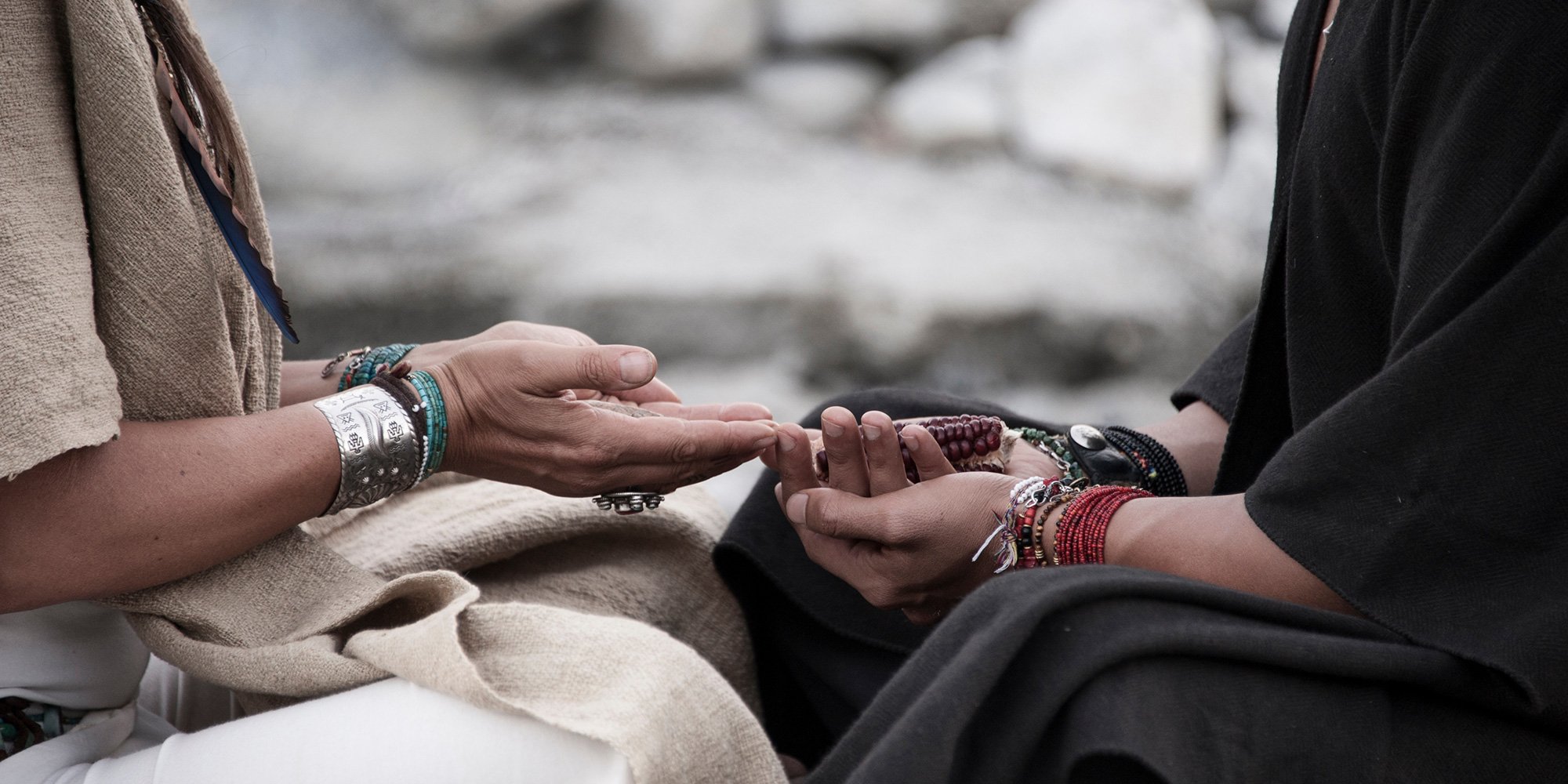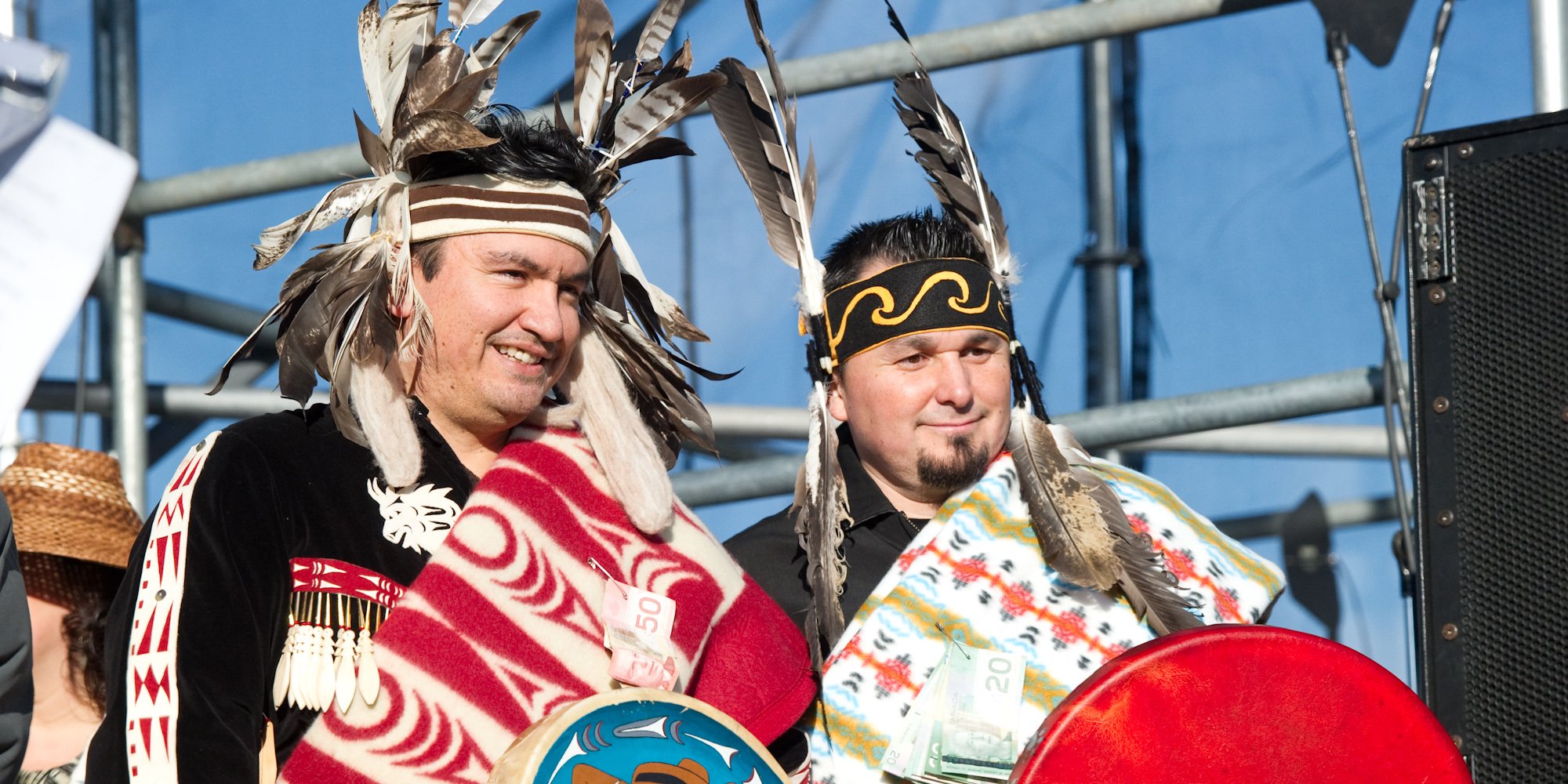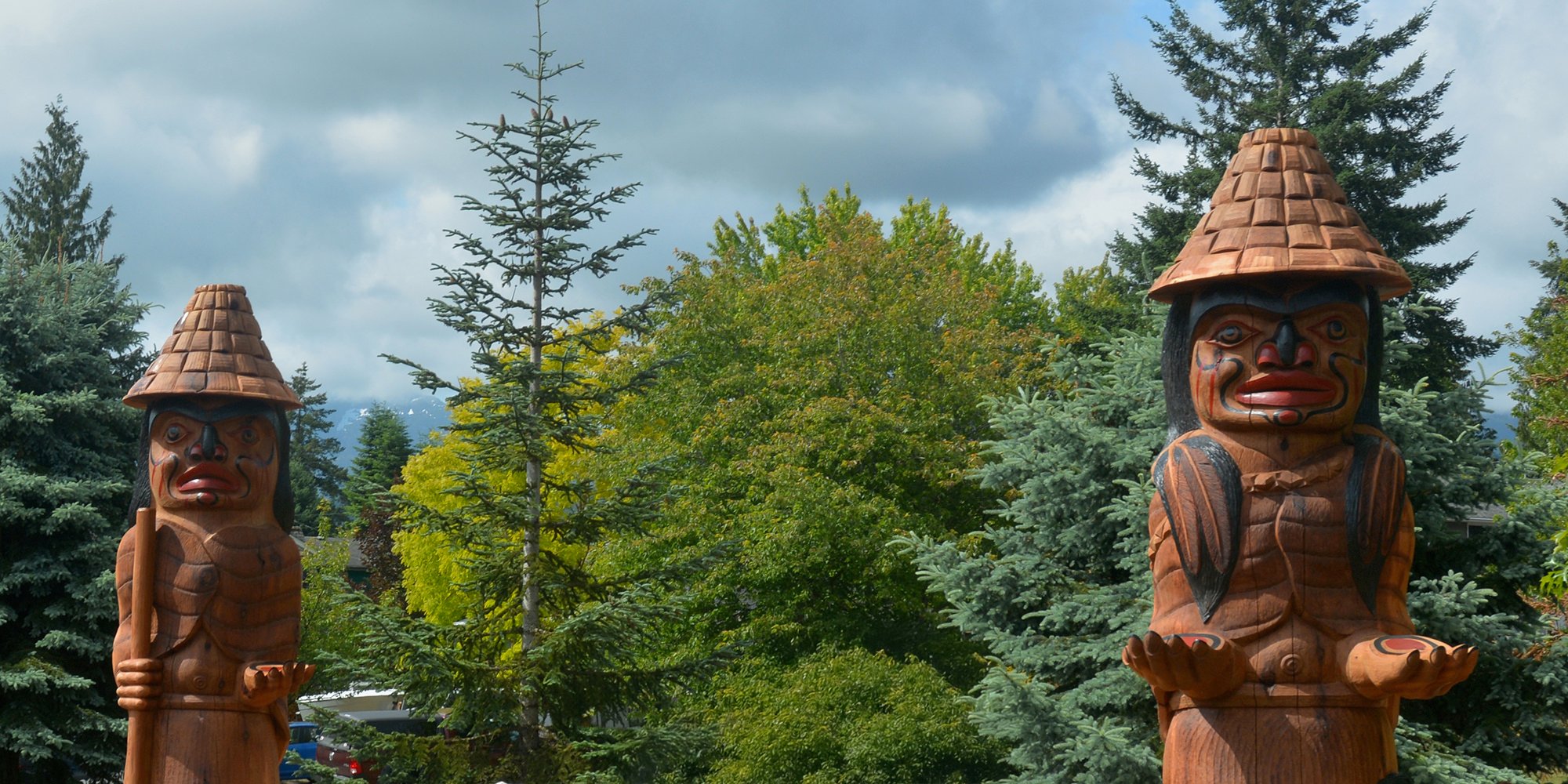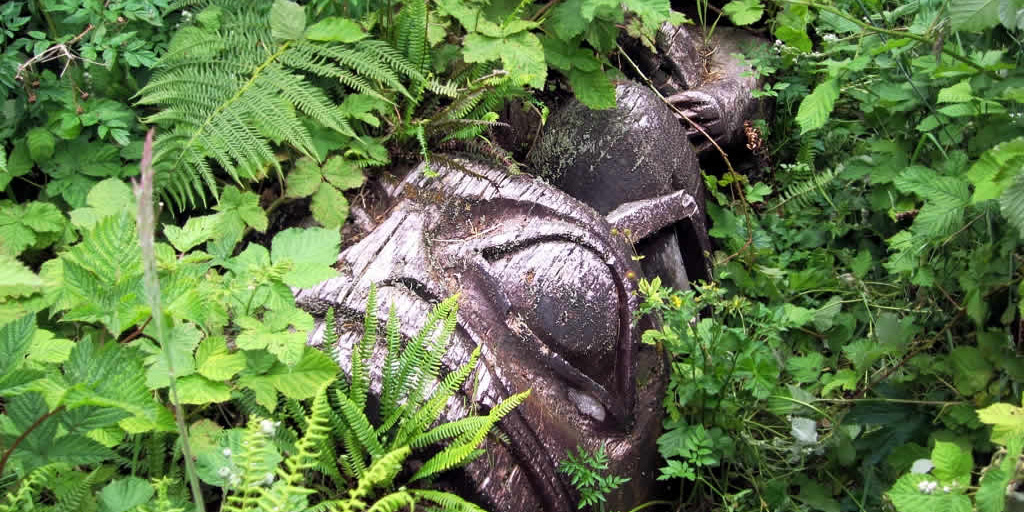7 Common Elements in Successful Indigenous Relations Strategies
Indigenous relations is an evolving field, especially now in light of the federal government’s commitment to negotiation on a nation-to-nation basis....

The quality of your relationship with an Indigenous community will be measured by the effort invested and the integrity of your team. You have to realize why it is critical that a respectful relationship is fundamental to the success of any pending business partnership. If you hold onto the concept that it’s a business-to-community relationship you are developing as opposed to a business-to-business relationship, then you will be off to a good start. For those in need of a more in-depth understanding, we recommend the following training path. First, take our pre-requisite course, Working Effectively With Indigenous Peoples®, followed by our advanced Indigenous Consultation and Engagement training.
Here are some key considerations to keep in mind when nurturing relationships with Indigenous Peoples:
You know what they say about trust: it takes years to build, seconds to break, and forever to repair. In terms of trust in a relationship with an Indigenous community, it is arguably the most important element. If looking at relationship building from the perspective of a resource development proponent, keep in mind that there’s a long history of broken promises in terms of environmental protection, employment, revenue sharing, and community benefits. If looking from the perspective of government relations it’s a timeline of broken promises that dates back to Confederation.
Making empty promises to bolster the appeal of your proposal is not a recommended action. Adopt the mantra of “promise less, deliver more.”
Transparency is a close cousin to trust. If you aren’t transparent, you won’t gain the trust you need.
One sign of respect is thoroughly researching the community you want to work with. If you are interested in working with them you should be interested in learning about them, their history, worldviews, governance structure, culture, traditions, and economy. Developing a genuine understanding of the community means you care enough to devote the time and resources for the research.
It takes time and resources to build a relationship with an Indigenous community. You’re looking at many visits, meetings, and phone calls over a long space of time. Write this extra activity into your budget.
If you have a partnership with a community then be involved in the community. Your relationship is with the entire community - not just the economic development department or the chief and council. Show that your interest is deeper than just business. Support and attend events. Celebrate with them. And bring your kids so they can learn about the culture along with you.
If you have done your research you will know that most development decisions are community-based. Also, keep in mind that the connectivity principle plays a significant role in decision making so don’t expect conversations to be about one subject. An additional factor that affects decision-making is the capacity of the community to process the requirements of your project. Chief and council are very busy with community concerns and events - your project is another demand on their time and resources, which in a smaller community can be a considerable burden.
Ensure the right people in your organization are attending the meetings and ensure there is continuity in who attends the meetings. If the primary contact from your organization moves on, try to ensure his/her replacement is brought up to speed on the relationship/consultation/negotiations prior to them going to their first meeting with the community. Bringing your staff up to speed is not their responsibility. At the risk of sounding self-promotional, I do recommend your staff take Indigenous cultural competency training before anyone contacts the community - you only get one chance to make a first impression.
There you have it. Seven quick tips for you to keep in mind when building relationships with Indigenous Peoples.
Featured photo: Shutterstock

Indigenous relations is an evolving field, especially now in light of the federal government’s commitment to negotiation on a nation-to-nation basis....

It is essential when working with some of the hundreds of First Nations, Inuit, and Métis communities across Canada on industrial, social, and ...

Things have definitely changed when it comes to First Nation Community Engagement. The Tsilhqot’in decision has moved the bar much higher in terms of...